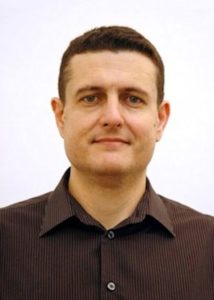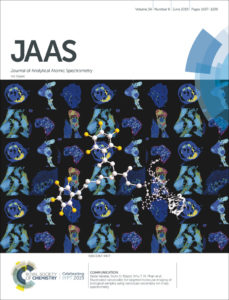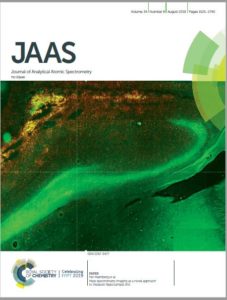 The Gordon F. Kirkbright bursary award is a prestigious annual award that assists a promising early career scientist of any nation to attend a recognised scientific meeting or visit a place of learning. The fund for this bursary was established in 1985 as a memorial to Professor Gordon Kirkbright in recognition of his contributions to analytical spectroscopy and to science in general.
The Gordon F. Kirkbright bursary award is a prestigious annual award that assists a promising early career scientist of any nation to attend a recognised scientific meeting or visit a place of learning. The fund for this bursary was established in 1985 as a memorial to Professor Gordon Kirkbright in recognition of his contributions to analytical spectroscopy and to science in general.
Owing to the generosity of one of our former trustees, an eminent atomic spectroscopist, Professor Edward B.M. Steers, we are now, from 2020, in the position of being able to award an annual Edward Steers bursary, in addition to the long standing Gordon Kirkbright bursary, to similarly assist a promising early scientist engaged in or utilising analytical spectroscopic techniques.
The ABS Trust defines early career as being either a student, or an employee in a non-tenured academic post or in industry, within 7 years of award of PhD excluding career breaks. The same conditions apply to each bursary.
Applications are invited for both the 2021 Gordon Kirkbright Bursary and the 2021 Edward Steers Bursary. Although both funds are administered by the ABS Trust, the Kirkbright award is not restricted to spectroscopists, but is open to all involved with or utilising analytical science-based techniques.
Application Forms can be downloaded via:
http://www.abstrust.org/kirkbright-and-steers-bursary-awards
or for further information visit:
http://www.abstrust.org/ or contact abstrustuk@gmail.com
The closing date for entries is 30 November 2020.













